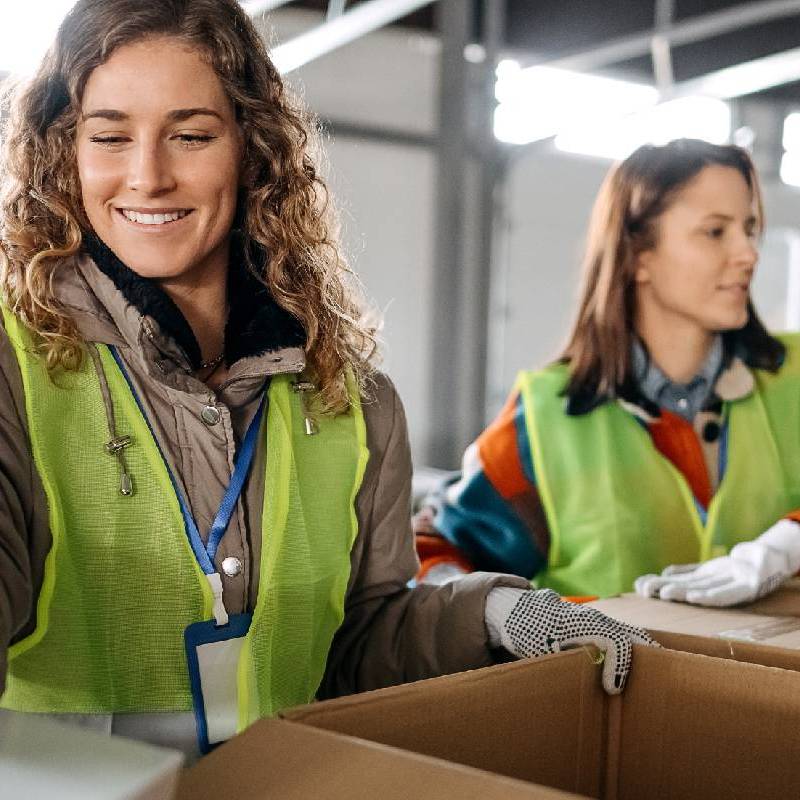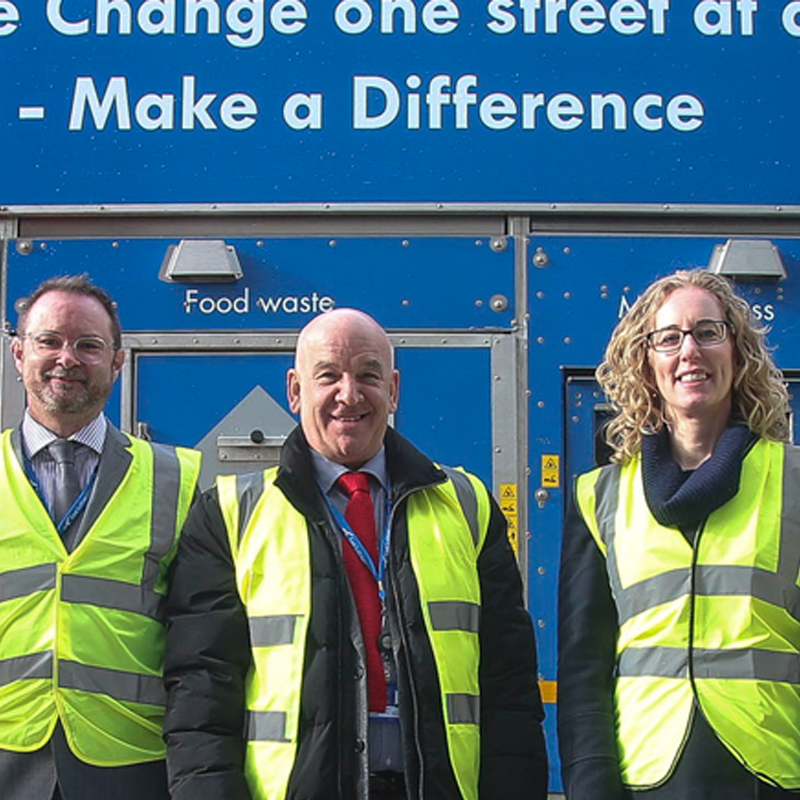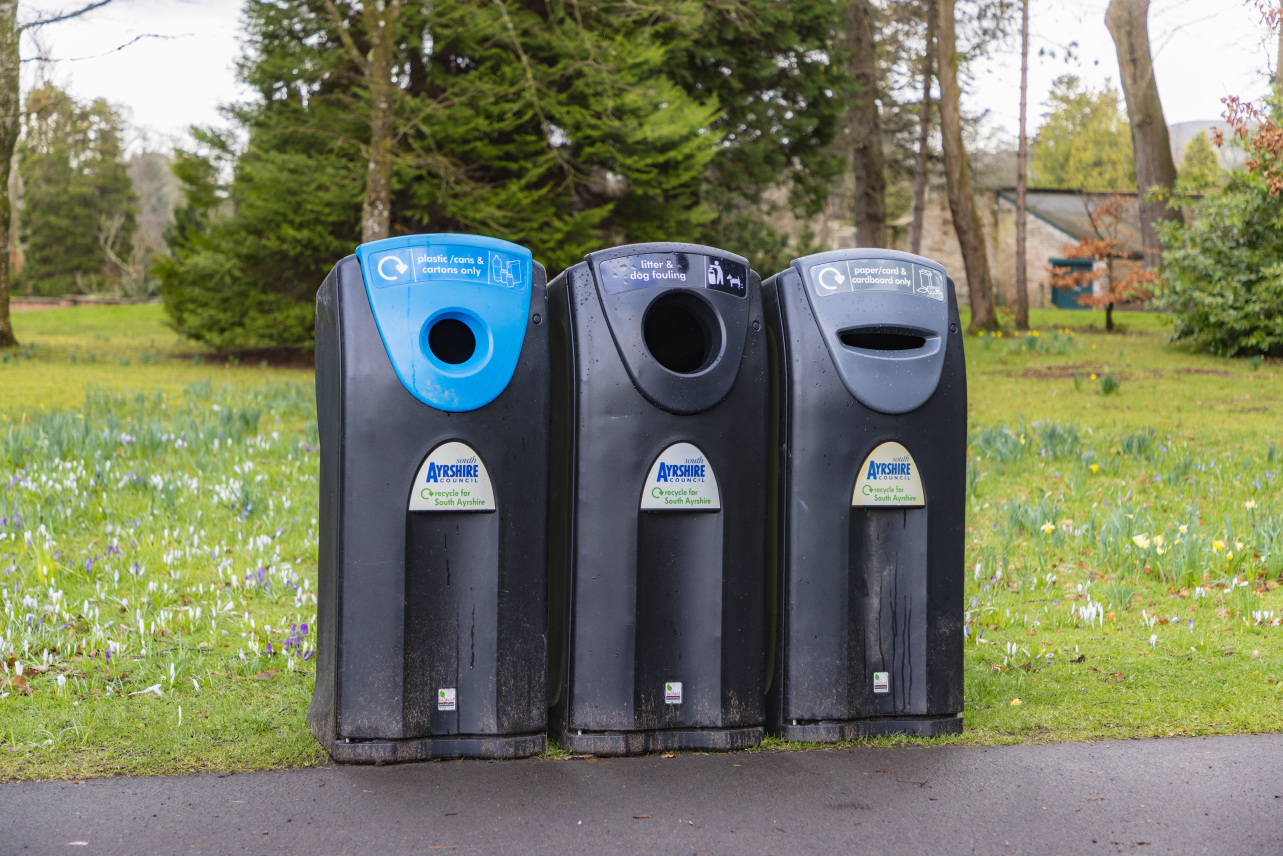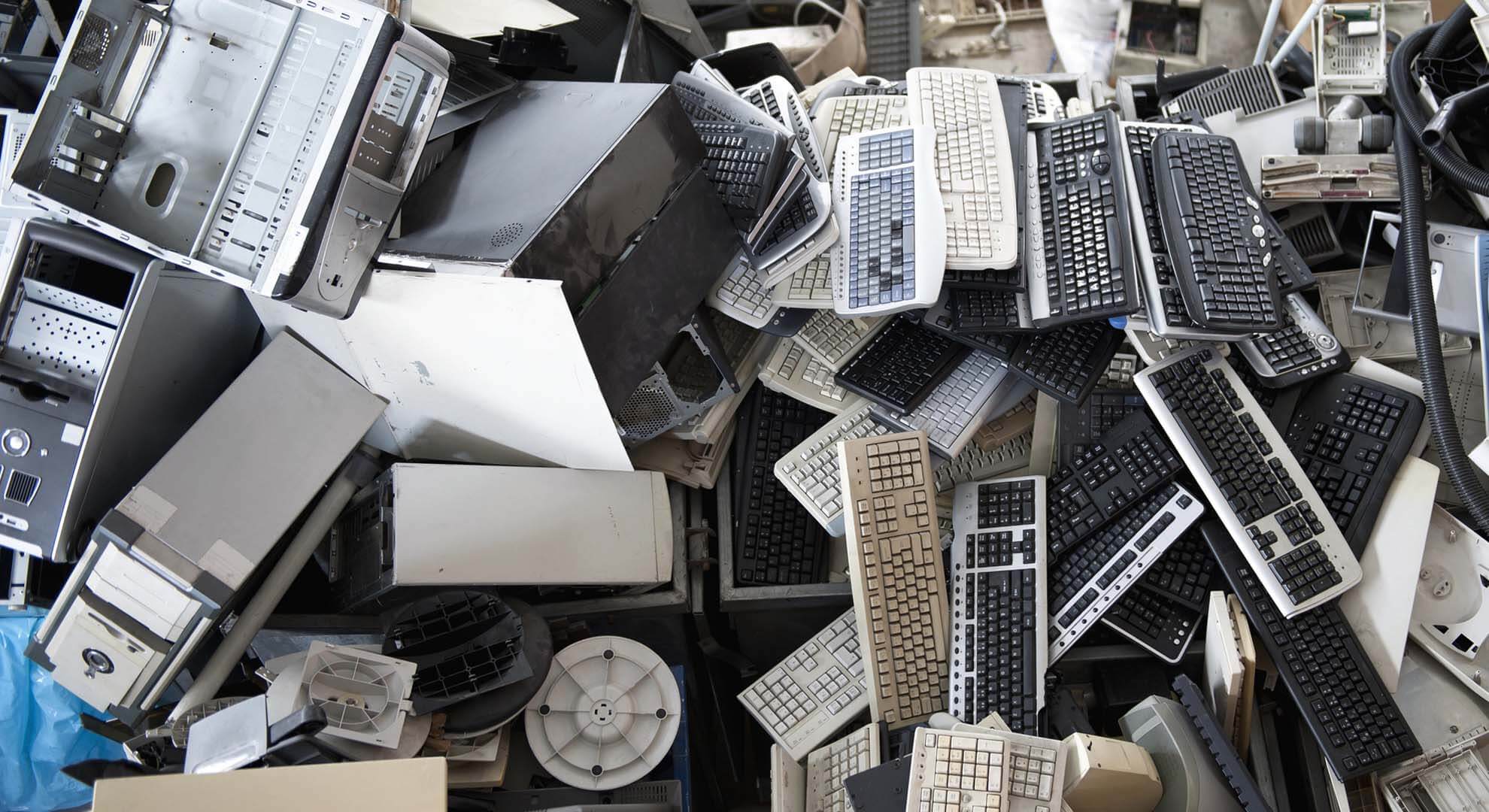
What to do with computers and computer equipment?
It comes to them all in the end y’know. The signs were likely there - slow boot times, spending more time looking at that wee egg timer than normal.
But it’s still a shock when the blue screen of death abruptly announces the end of your laptop. Here’s some things you can do when that happens.
If your computers and computer equipment are not in good working order to pass on for reuse then it is classed as WEEE - waste electrical and electronic equipment. This includes computers, monitors, laptops, games consoles, IT and copying equipment.
Household recycling collection
Computers and computer equipment are not accepted via household recycling collections and should be recycled at your local recycling centre or at a WEEE bring site.
They should not be disposed of in general waste as
- Electrical items contain batteries that when thrown in a bin, dangerously end up in landfills. As they decompose, hazardous elements from the metals are released into the environment contributing to water and air pollution.
- If electrical products are disposed of in landfill with batteries still inside, they can potentially cause battery fires.
- There is no opportunity for refurbishment or repair so that an item can be reused.
- There is no opportunity to recycle the items and recover valuable materials and resources.
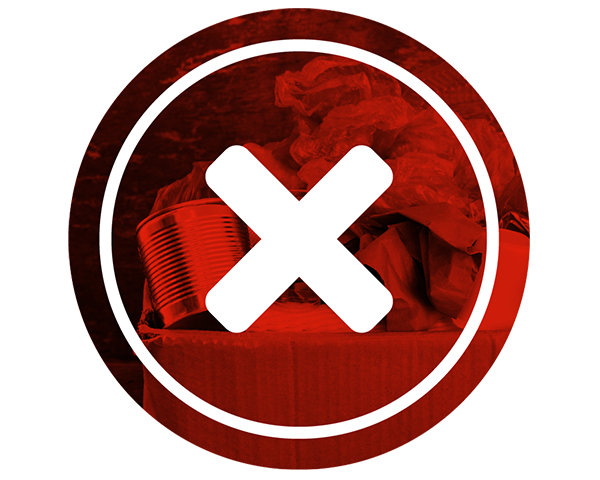
Household waste recycling centre (HWRC)
Yes, local recycling centres collect computers and computer equipment. Look out for the WEEE signage.
Lithium-ion batteries, the sort you find in laptops, tablets and other gadgets should be removed from your unwanted device if possible and deposited alongside WEEE items.
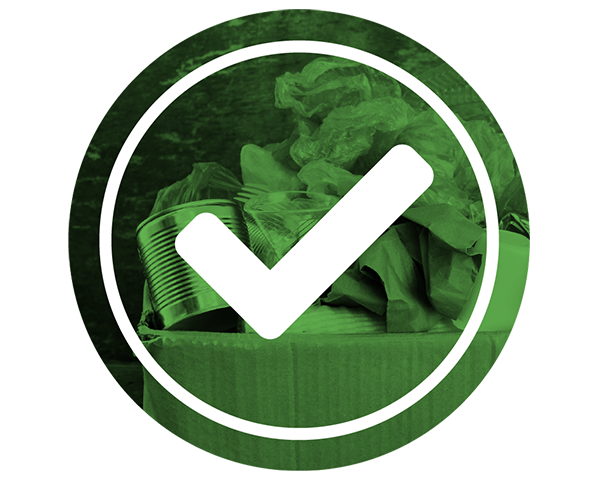
Other recycling collections
Donating your unwanted computer equipment to a charity is a great way to help others. For some charities, it’s important that the equipment is in good working order, while other groups have technicians who can repair them.
Search online - there are lots of charities that will be able to make use of your unwanted computer equipment including:
Edinburgh
- Edinburgh Remakery - Laptops, tablets, iPads, PCs, smart phones, cables, chargers, and routers.
- People Know How - Laptops and other IT equipment.
- Computer Recycling Edinburgh - PCs, Laptops, tablets, all types of phones, cables, chargers, and routers.
Loanhead
- Turing Trust - Laptops, PCs, tablets, smart phones, chargers, cables, keyboards and other accessories.
Glasgow
- Glasgow Remade Network - Laptops and computers.
Highlands
- Budding Engineers - Laptops and computers.
Moray
Scottish Borders
Check for any instruction manuals, cables or accessories that you could donate with it. If you are also providing software with your computer, make sure you include the software licence and any installation CDs.

How are computers recycled?
WEEE items contain a complex mix of materials like metals, glass, plastics, ceramics and precious metals, as well as hazardous substances. Some treatment facilities use large-scale shredding technologies. Others use a disassembly process. This can be manual, automated or a combination of both.
Removing your personal data
Don't recycle, trade-in, sell, or donate your device without wiping it clean.
It’s up to you to make sure your personal data has been removed from your electronic devices. And we’re not just talking about mobile phones, tablets and laptops. Lots of electrical items store information about us, from smart TVs to sat navs. Take care of your personal data and reduce the risk of it being used by someone else.
What can you do?
A simple repair could give an item a new lease of life and save you money too - especially on those more expensive electrical items.
Cash Converters and CeX buy electrical or electronic items, especially if you have the original box and instructions.
Think about leasing a computer rather than buying.





